As expected this topic brings up a lot of strong feelings on both sides. There are parents and educators who support this and there are parents and educators who don't necessarily support this practice. I'm not saying one is right over the other. I'm recognizing we all have differing opinions and that is ok - of course we don't all have to agree on everything.
I think it's clear from my post which side of the fence I fall on.
Let's not forget that my post was referring to my daughter's school and the fact that she's entering sixth grade. I still stand by my opinion that I am not sending her to middle school to have laundry be part of her curriculum. This is the beginning of middle school we are talking about.
Students with disabilities can stay in the public school system a few years past their senior year. If I'm not mistaken those 2-3 years are referred to as transition years, yes? Transitioning to adulthood, to independence, to employment, to continuing their education at college. What do they do during those transition years? My understanding is they are not back in the 9-12th grade classrooms, but in other classrooms or even buildings ... and aren't they learning life skills then?
So we are starting in middle school to segregate these students and start to include specific life skills in their curriculum like cooking and laundry? What will happen in the high school years? More of the same? And the transition years? Again, more of the same?
One of the comments left on that post was an anonymous commenter who said s/he is a "SPED teacher in an all-inclusion middle school classroom working on life skills. My students mainstream into an elective class and PE but are with me for the rest of the day."
I don't really understand that placement at all. How is it an 'all-inclusive' classroom, but the students are 'mainstreamed' into one elective class and PE and are with him/her the rest of the day?
S/He goes on to explain the classroom and their curriculum and what they do. "We have community based instruction once per month. We go shop, have tours, go to breakfast, go bowling and more. There are indeed skills they need to learn, and hands-on within a community environment is wonderful for them."
I still don't get this; I honestly don't. I don't understand the community-based outings in middle school. I understand kids act differently when their parents aren't around, but I can't imagine these kids aren't getting any community-based outings within their natural family lives? Do they not step foot in a store, or restaurant, with their parents? Maybe there are some parents who don't take their kids with disabilities out, but wouldn't it be a small percentage, not the whole class? Doesn't the school offer breakfast? Can't they eat breakfast in the cafeteria instead of making it an outing?
And this classroom also does laundry - their class PE clothes. (Do the rest of the classes in the school do their own PE clothes as well?) S/he said it takes no more than 5 minutes (I wish my laundry only took 5 min!) and that it is done during the teacher's PLC time so not to take away from academic instruction. I'm not sure what PLC time is, but guessing it has something to do with planning time? What other time would teachers have that isn't academic time during the school day? I thought teacher planning time was done when their students are in fine arts and they don't have any students in the classroom during that time?
More from this teacher: "I teach about Current Events in a reading program as well. I teach Time and Money. I teach students to learn/write/type their name, address and phone number..and if they are one of the few that knows this information, they are taught how to fill out job applications. I teach about street signs, measurements, reading menus, shopping, budgets (including checking accounts), and how to dial 911. I look at everything I teach in a day and see how vital this will be for my students in the future."
This teacher is doing a lot with the students and that's great - I'm not knocking all the work they are putting in to educating the students and kuddos to this person for caring so much for the students. But I'm still questioning why some of that is important in middle school - filling out job applications? Yes I had a job or two in middle school - the end of my middle school years. One was babysitting and the other was a cart pusher (cart collector, really) at the commissary. I'm not sure the commissary job had an application - this was before the baggers would bring the groceries out and return the carts themselves. I don't remember learning to fill out an application in middle school in preparation for this job. How many middle schoolers have jobs?
If it is such an important skill to work on, as with all the rest of those skills ... budgeting etc ... why isn't the rest of the student body learning those skills? And if they are learning those same skills then why can't they be learning it together in an inclusive classroom at a time the rest of the general ed students are learning them? Why so much self-contained time to work on life skills?
Last from this teacher in the form of a question: "Would you as a parent rather them learn about Ancient Greece, Ancient China, Silk Road, etc. (social studies), and velocity, force, elements, etc. (science)? With the implementation of common core, with more critical thinking skills (which our ID kiddos struggle with)?"
Yes, as a parent I do want my daughter being exposed to those same curricular topics like Ancient Greece and velocity. Yes, she struggles with more critical thinking skills. No she is not going to learn Ancient Greece in the same way as her typical-developing peers, and she won't learn as much information as they do either. That's why she has an IEP. She doesn't have to learn and master all the same content and standards. That's why there are extended standards, that's why there are modifications. She needs to make progress and move forward. Yes, I want her exposed to those subjects. Will she get anything out of Ancient Greece? I don't know, but will all the rest of the general ed students get something out of it either? Will they remember what they learned about Ancient Greece 20 years from now and use it in their lives?
The National Center and State Collaborative created alternate assessments based on alternate achievement standards for students with the most significant cognitive disabilities. They have a plethora of resources available that show how these ELA and Math standards can be implemented in the general education classroom; particularly with the public wiki page.
Having an inclusive educational placement is not unrealistic. Check out what SWIFT is doing. Look at the CHIME Institute "...a national leader in the development and implementation of a unique model of inclusive education. Inclusive education at CHIME Institute means that children who reflect the demographics of the surrounding region - including children who develop typically, children with special needs, and children who are gifted - learn side-by-side." Last example: The Dr William Henderson Inclusion School in Boston is a fully inclusive elementary school. It has been so successful and there is such a need for expansion that plans are made for a K-12 inclusive school.
Here is a great blog post about "Why It Matters" - a student with Down syndrome, fully included in school and learning about Shakespeare. Yes, it matters.
I recently read an article from Dave Ramsey - How Teens Can Become Millionaires - and what struck me is the statistic that came from a basic financial literacy test given to high school seniors. Less than half correctly answered the questions. Another study found "that over 75% of college students believe they are not ready to make smart financial decisions themselves." So do the general ed students get lessons in these important budgeting and balancing-a-checkbook life skills?
There is a wonderful book from Patrick Schwartz called From Disabilities to Possibilities - The Power of Inclusive Classrooms. He discusses the specific topic of students with disabilities learning life skills "...the best time to teach life skills is when they naturally occur." and gives some examples of life skills and when they should be taught throughout the day, naturally.
From the book: "As students with cognitive challenges or autism get older, they tend more to be diverted into a life-skills-only curriculum. Life-skills-only programs are not necessary nor educationally relevant for anyone. Students who receive these programs are being highly shortchanged. If I were the parent of a son or daughter with autism or a cognitive challenge, I would want academics to be taught within inclusive classroom settings and life skills to be promoted during the natural times they occur. The debate between whether to include a student with autism or cognitive challenges in general education environments or provide them a life-skills-only curriculum in self-contained and community environments could be simply resolved if we teach life skills only when they naturally occur and promote education/curricular goals as well. Life skills need not interfere with inclusion; both can work hand-in-hand. If experiential skills are taught when the student needs to use them, they are naturally embedded throughout the day and do not interfere with general classes or curriculum."





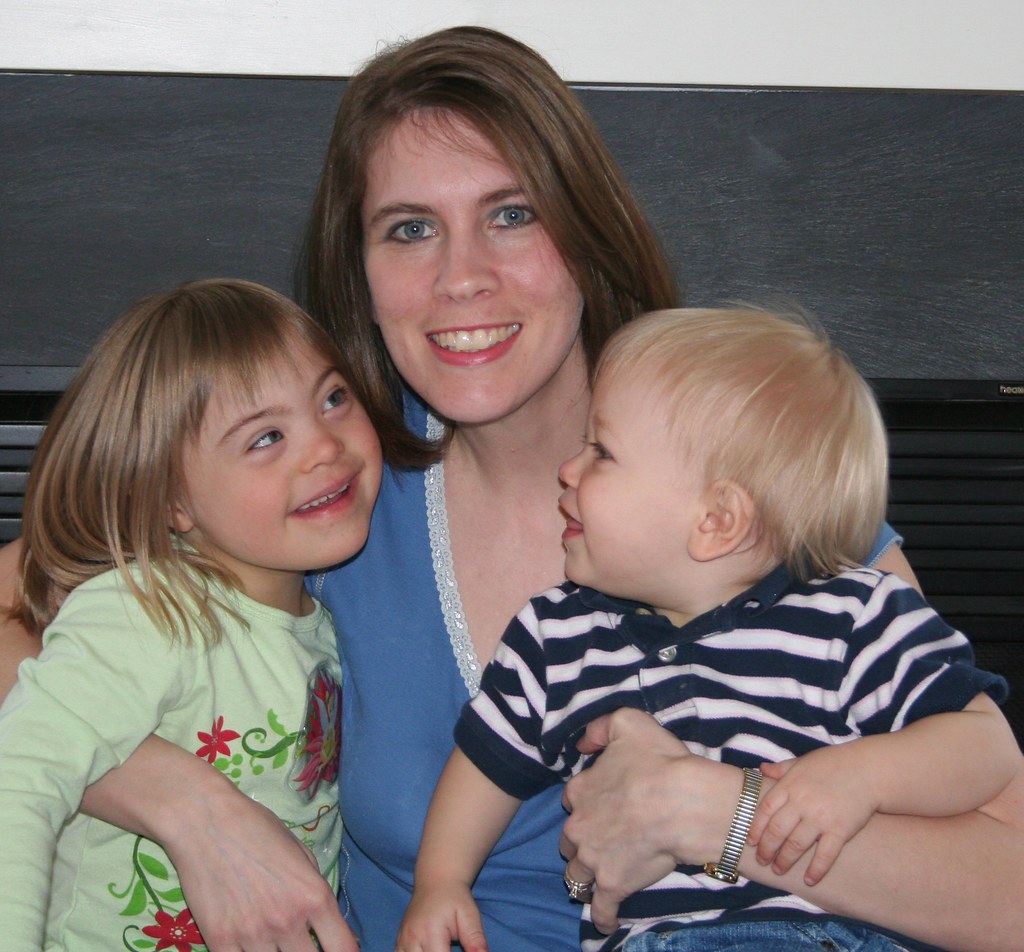


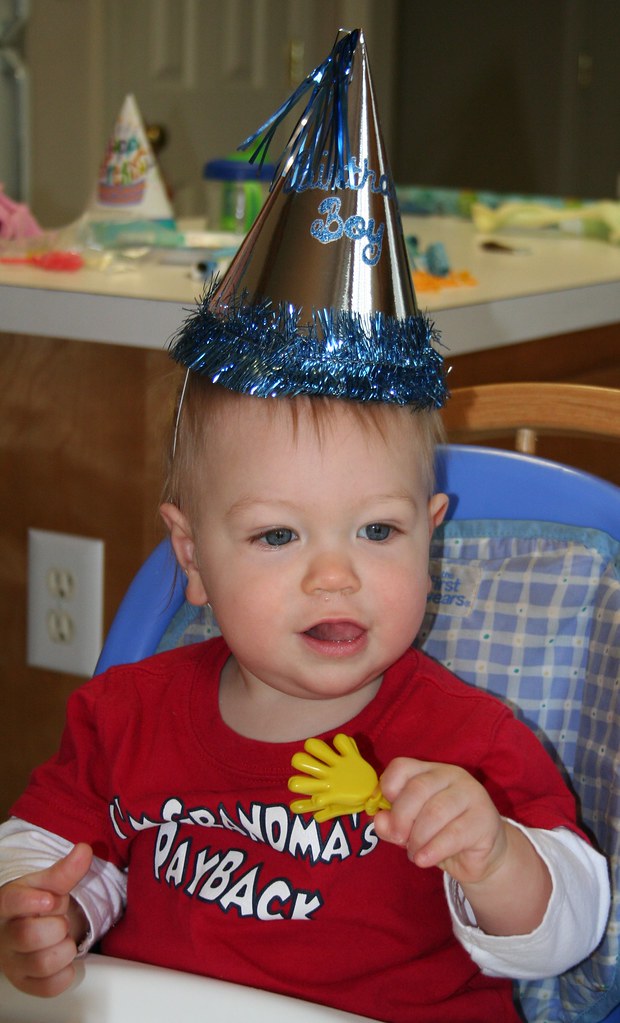
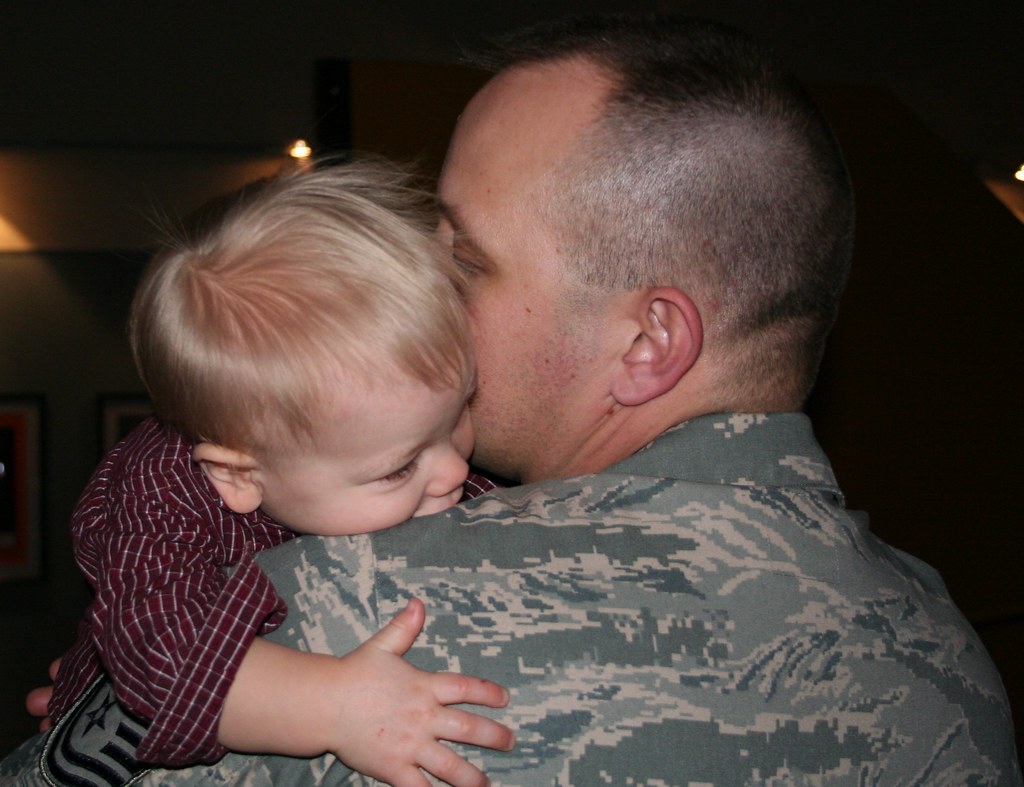
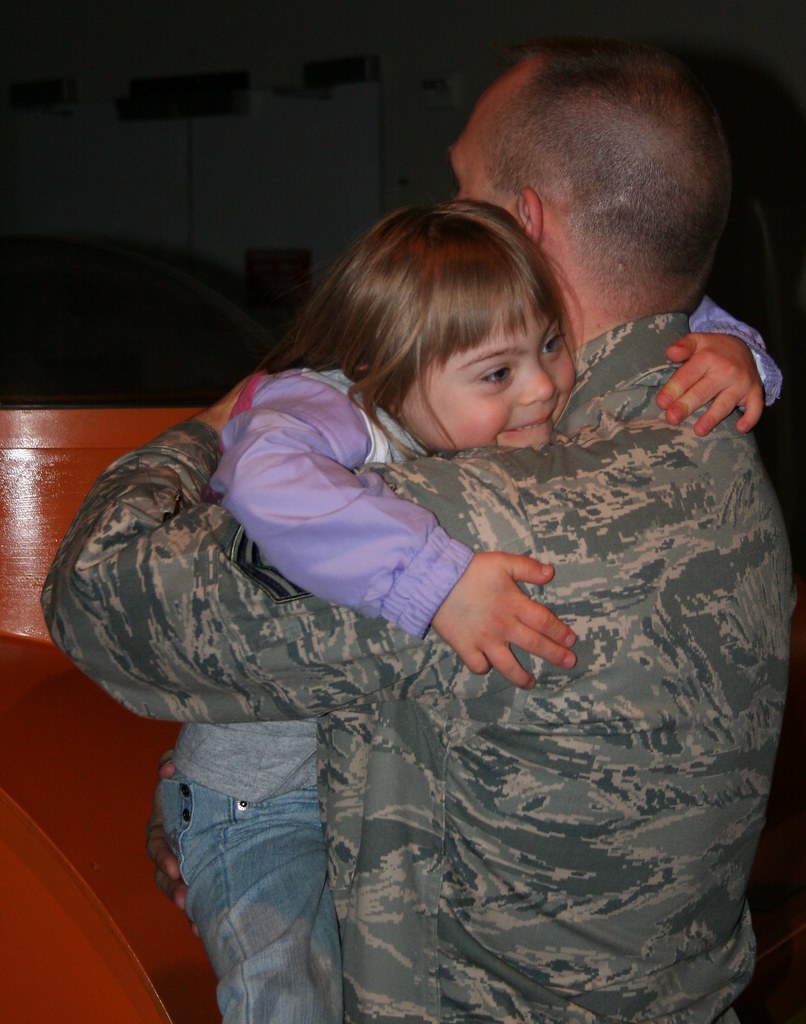
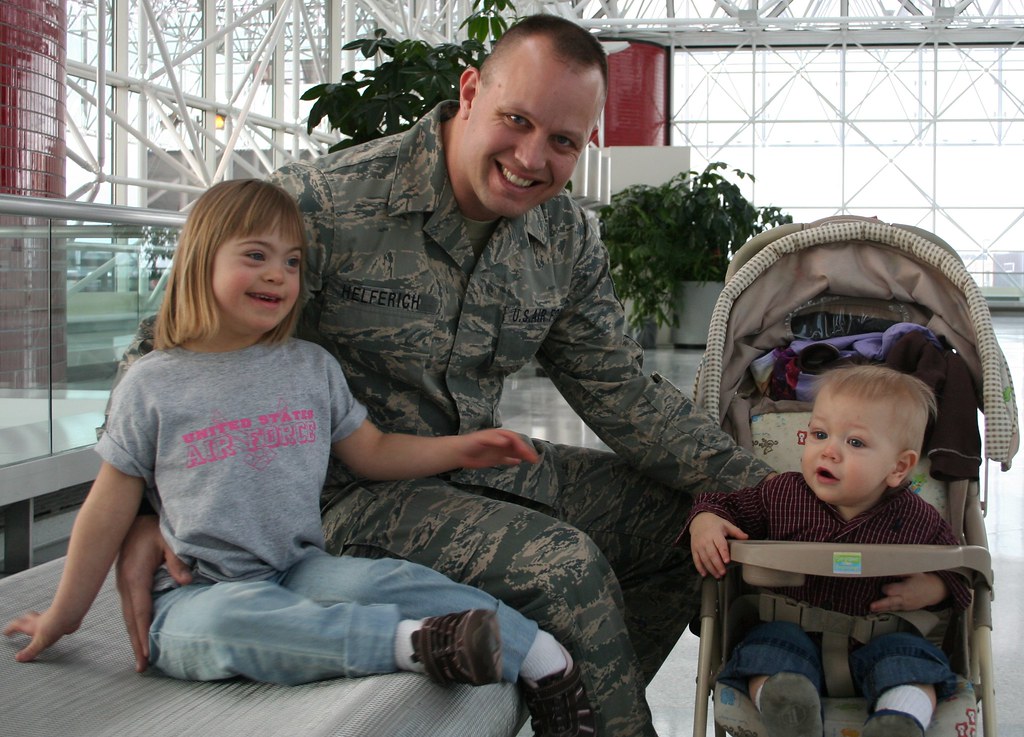


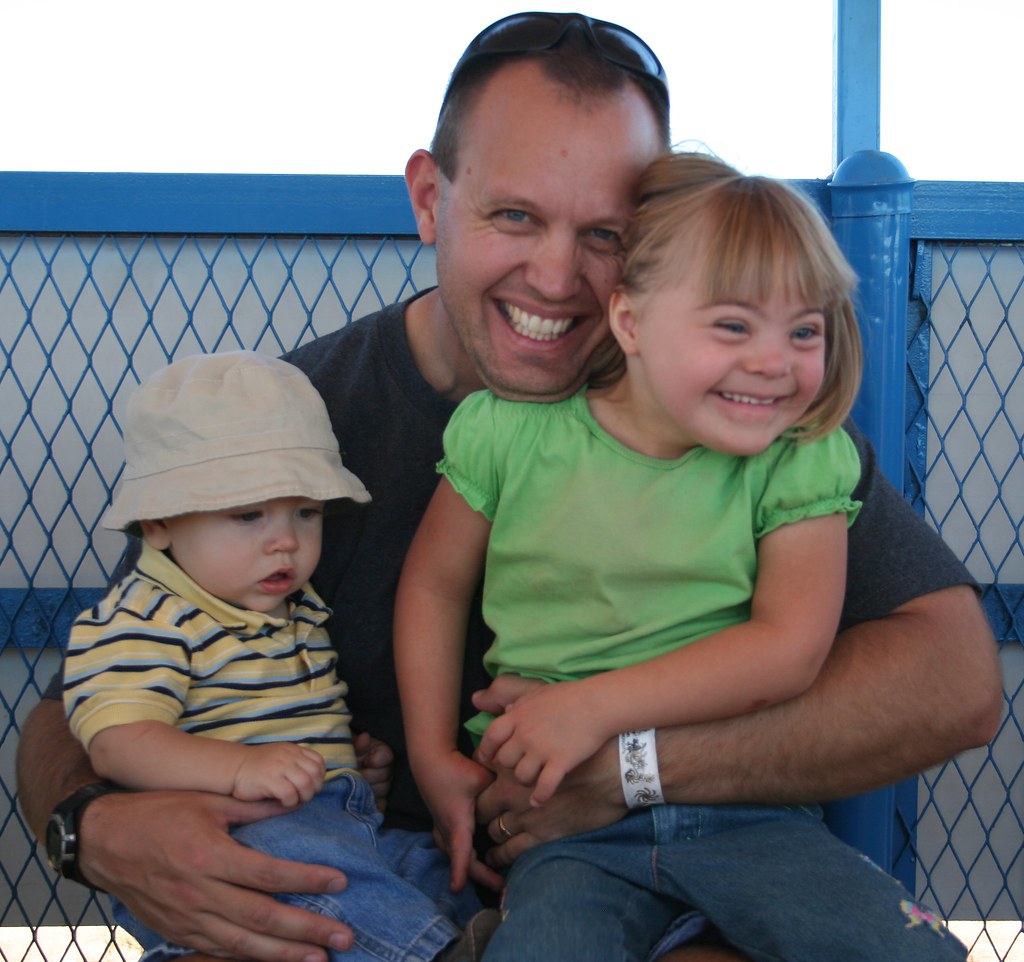
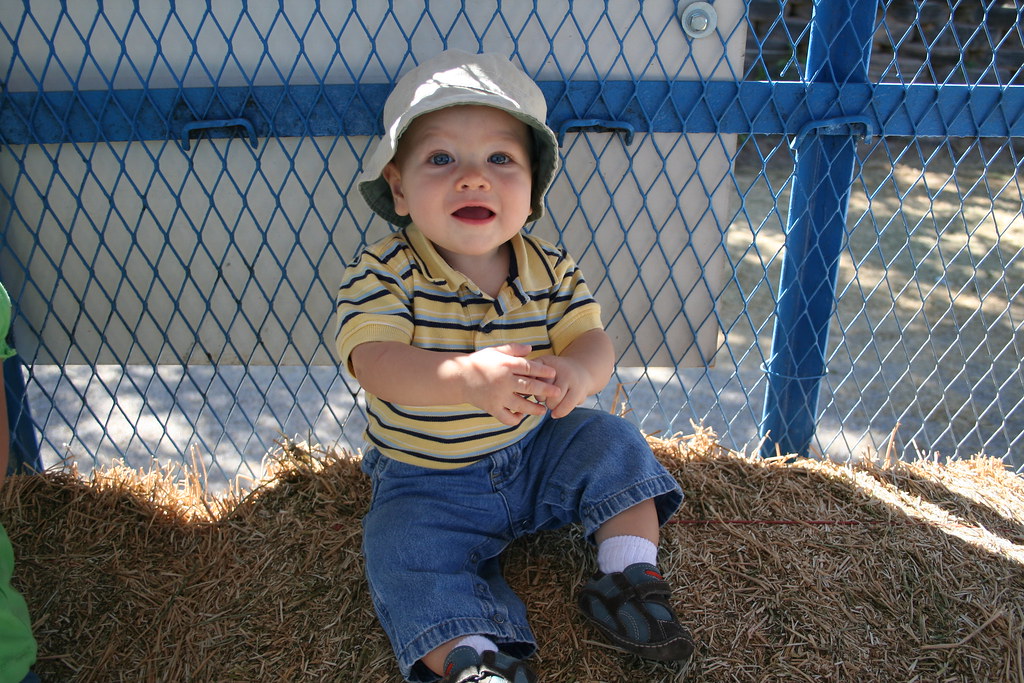






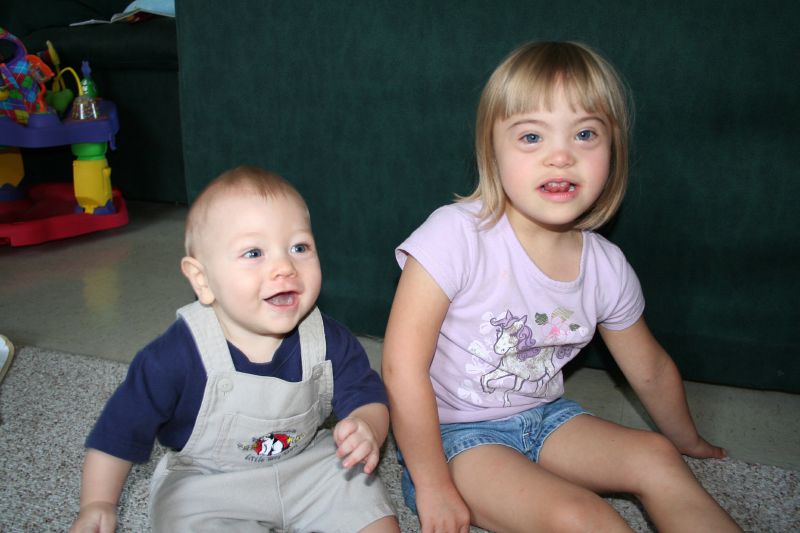


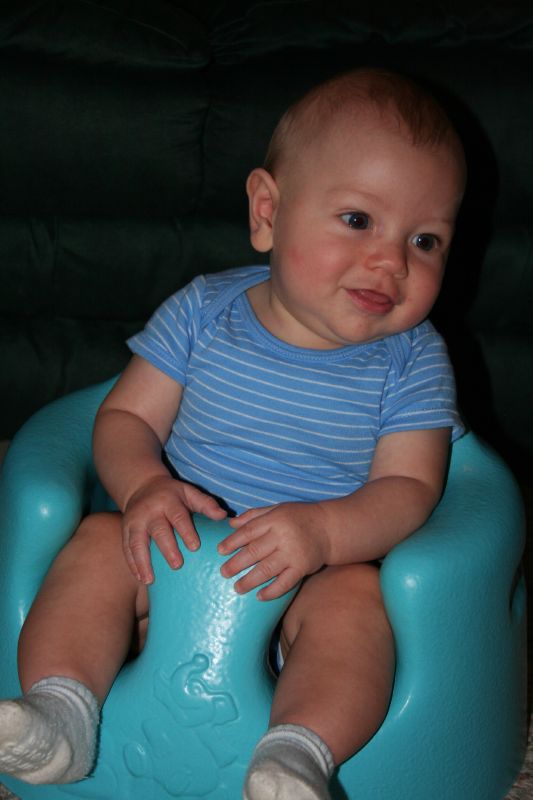


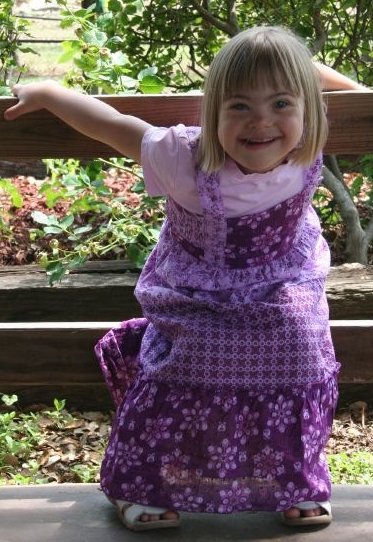

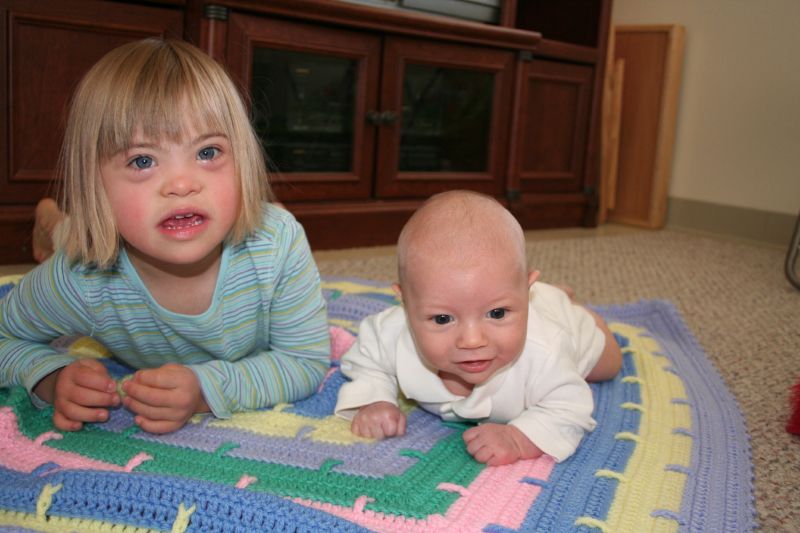

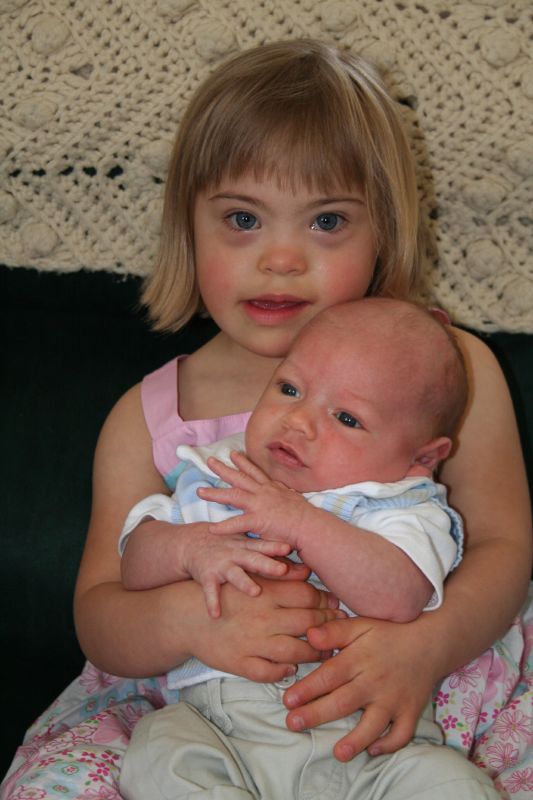

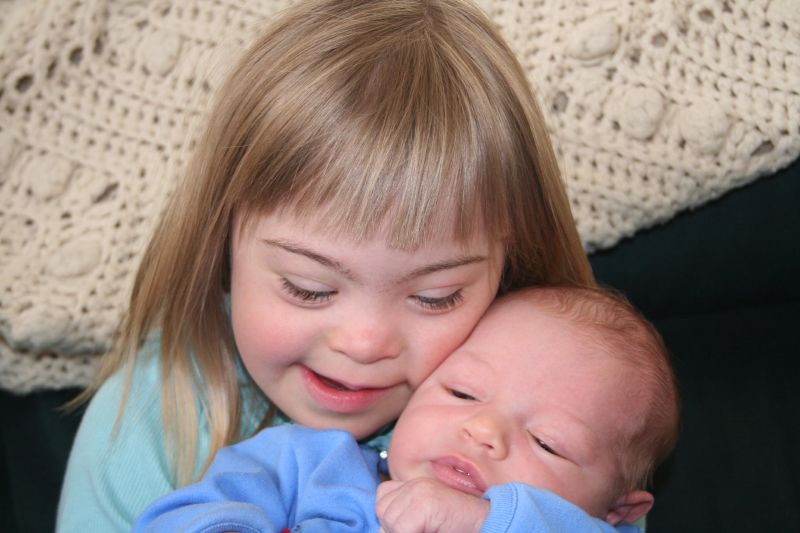


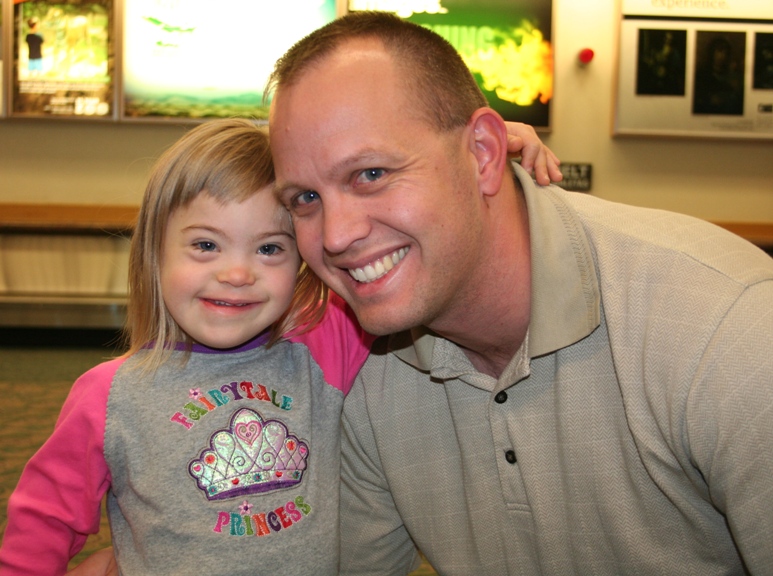

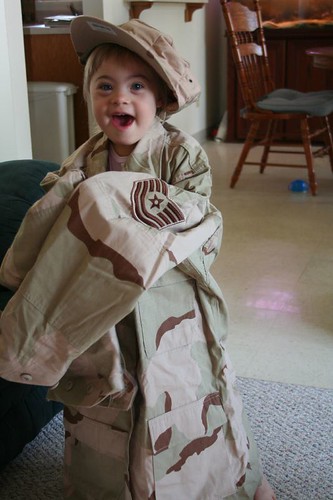



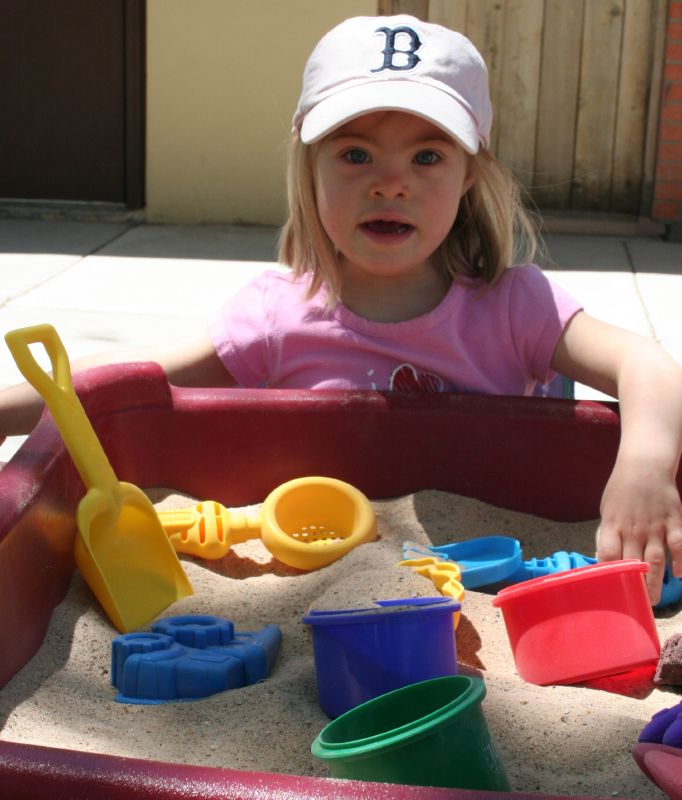







11 comments:
not a special needs parent- but- it seems to me if the child is still learning new info and maturing slong side neurotypical peers- leave her go- unless she can't behave in the manner appropriate for instruction times- like hand raising and not talking out-WHY segregate the kid?? her presence in the class isn't hurting anyone and has benefits for her. I don't get the segregate part.
Dear Anonymous,
Regarding your statement "unless she can't behave in the manner appropriate for instruction times": my question is, why does there always need to be a bar for students with different learning abilities? Why always another hurdle for them to be able to "join" the education table? Show me any classroom of neurotypical students and you will see plenty of inappropriate behaviors at one time or another. If we keep denying an education for students because they are not ready to exhibit someone's idea of appropriate learning behavior, it just becomes another excuse for exclusion.
Ditto on inappropriate behavior. My lab partners were squeamish with the fetal pig dissection. They didn't want to prod the organs with their GLOVED hands. My biology teacher didn't kick them out for being squeamish and disinterested, so why should a non-squeamish, interested, and atypical student be denied opportunities like this?
It seems to me that a lot of people don't understand where you're coming from. When you went to the middle school you expected to see what you have seen for the last few years. Efforts to accommodate. What you saw was a backsliding on everything you've worked for the last few years. It doesn't matter right or wrong about the life-skills class. What's wrong is that they were automatically going to put your daughter, who has proven she is capable, in the class. Without any consideration. That is wrong. That does not come anywhere close to the rule of the law, let alone the intent. Kayla has proven that with some accommodations she will succeed in anything.
I'd be interested to see if they automatically put someone with ADD in that class. Anyone with an IEP? No, they probably don't. They make the accommodations needed and move on. What you're asking for is the same.
Middle school is rough enough. Kayla needs to be in the best place for her. And it's not likely to be segregated.
Michelle--you nailed it. They teach the SAME curriculum in high school and transition. After two and a half years of the transition program Sean told me "Mom-we do the same thing that as did last year and the year before. It's boring! I'm not going anymore!" He was bored after 2.5 years of repition--his peers who had been segregated the whole school careers ended up with more than 9 years of laundry, microwaving TV dinners and going to movies or fast food restaurants every Friday. I gladly let him quit and he continued his community college classes and just got an A in Acting Before the Camera!!
Deefreddy
from what I understand from reading blogs about inclusion - the parents want what all parents want- the BEST learning environment for their kid.
If ANY child is disruptive during class time-the situation needs to be handled- age appropriate situational= what ever. CHRONIC disruption from the same kid every day because s/he is unable to cope with class demands doesn't do any child any good and doesn't seem to be the best learning environment for either neuro typical or special needs children. To me-that seems to set the special needs child up to fail repeatedly. The neurotypical kids are deciding-whether they understand it or not- their views of special needs
kids- good and bad- long term a bad inclusive placement doesn't help. That's what I meant.
"Last from this teacher in the form of a question: "Would you as a parent rather them learn about Ancient Greece, Ancient China, Silk Road, etc. (social studies), and velocity, force, elements, etc. (science)? With the implementation of common core, with more critical thinking skills (which our ID kiddos struggle with)?"
My answer is yes! I am the mom to a 15 year-old daughter who has Down syndrome and is fully included in her private school. My daughter HAS studied the Silk Road, Greeks, Romans, Ancient China, mass, velocity, weight, gravity, the solar system, elements, prepositional phrases, subject verb agreement, verb tenses, and much much more.
Since we know students with IDD struggle with critical thinking, my question back to this teacher (or any teacher with the same concerns) is: why would we limit the very information available to students who struggle that will, in fact, help them make connections to the world around them and in turn, help them learn to think critically? Just because my daughter takes longer to think critically doesn't mean she CANNOT think critically. How dare us assume incompetence because their development doesn't mirror our own. How is this not discrimination?
In third grade, my girl ended up in the ER for six stitches courtesy of an "included" classmate with special needs -- a fairly sweet boy called C, who has autism & an unusually low frustration tolerance.
My kid was doing a math worksheet, C told her she was doing it wrong, she politely declined his assistance, he offered again, she declined again and so he stabbed her in sheer frustration with a protractor.
(Fwiw, C was doing the problem right, my kid was wrong. That doesn't make not grasping a math concept a stab worthy of fence).
The really fun part? C's mom tried to get *my* girl transferred to another 3rd grade class, since C is "not so good with change". Didn't fly. Actions have consequences and my kid was the victim!
Even more fun? C's mom semi-regularly calls to inquire why my girl declined all of C's play date invitations. To the this day! C stabbed my child. She's civil to him at school because she's required to be.
Special needs inclusion really shouldn't equal "physically assault classmates with impunity"
I was a teacher (now SAHM). I think this is the best argument I've ever read against teaching life skills in middle school. Kudos to you! Fight and do not allow it. I am friends with a family of a now thirty year old man with down syndrome. By his mother's assessment the young man never developed cognitively beyond first grade. But as she said more than once, first grade is a wide year. He learned to tie his shoes in 3rd grade, to ride a two wheeler at age 10, and to successfully make change from a ten dollar bill in middle school. The high school he was slated to attend included face washing and brushing teeth in the curriculum (skills he had mastered at home by the end of 2nd grade). They fought the school system, who adapted his curriculum slightly, and when they got tired of fighting, they moved.
I love this post so much! I pinned it for future reference. The Shakespeare post you referenced is my absolute favorite of all time - shared it with my daughter's team last year and made sure her new teacher read it this year.
And I can't resist commenting on Kate's post above. Kate, I'm sorry to hear about what happened to your daughter. That is truly awful. I don't, however, see how your comment is relevant to this discussion. I would contact your own school to discuss how they can better support students with disabilities in the classroom to avoid situations like this in the future. When children are included effectively, behavioral issues decrease dramatically.
The problem is that the gaps tend to become wider, increasingly so, as mentally challenged children who did not master the elementary school education are now moving on up to middle school. A one on one aid would often be necessary to include these children in a regular classroom. There isn't the money for this, for each child who needs a personal aid to be have one. It's cheaper to group them all with one person trained in working with such children. without the aid, it's difficult enough for one teacher to get to all of the other kids in the classroom; something that is often a fail.
The biggest problem occurs when the education ends at age 21. There really isn't much of anything at that point. Those who have mastered certain life skills just might find some job. It takes some of these kids that much repetition and time to learn these skills. I wish this were taught to all kids, by the way. Many a family has suffered huge monetary losses when their kids who go off to college show this lacking. But the thought is that these kids could bridge the gap themselves, which many don't, looking at so many fiscally irresponsible adults. With the kids with additional challenges, instruction is to make them have a chance at learning these skills and not get taken advantage of later, a huge concern.
Post a Comment